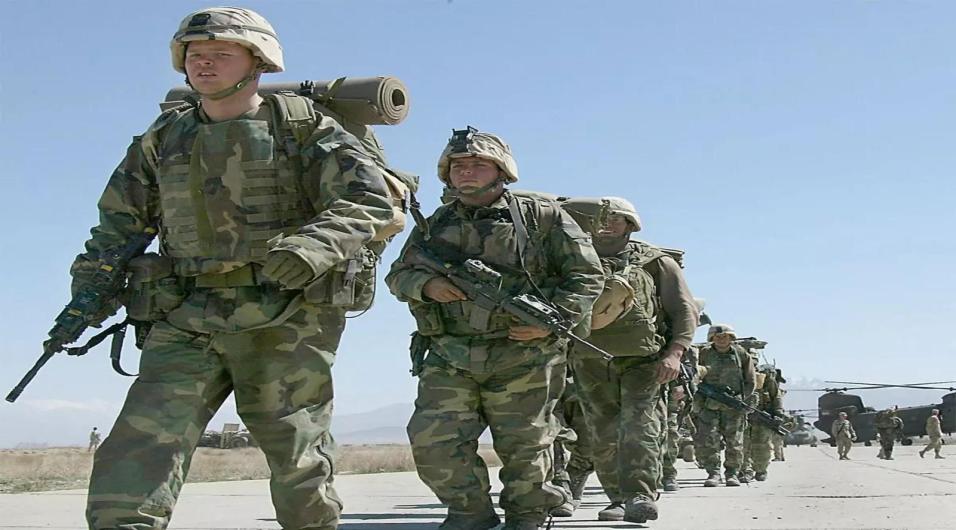
A Comparative Analysis
In today's geopolitical landscape, the discussion surrounding military might and power dynamics is ever-present. The United States and China stand out as key players in this arena, each with its unique strengths and capabilities. This essay will delve into a comparative analysis of the military prowess of the United States and China, examining various factors that contribute to their respective strengths and weaknesses.
The United States military dominance is unmatched. The U.S. has the largest defense budget in the world, which enables it to allocate substantial resources towards maintaining and advancing its military capabilities. This financial muscle translates into cutting-edge technology and weaponry, giving the U.S. armed forces a significant edge in terms of firepower and strategic capabilities. Additionally, the U.S. has established a vast network of military bases globally, allowing for power projection and rapid response to threats or conflicts around the world.
Military might does not solely depend on budget or technology. While the U.S. boasts a formidable defense budget and advanced weaponry, factors such as tactical strategies and training play a crucial role in determining military effectiveness. The morale and discipline of troops are equally vital, as they can impact the outcome of engagements and operations. Moreover, adaptability and innovation in response to evolving threats are key components of military strength in modern warfare scenarios.
China's military strength is rapidly growing, posing a potential challenge to U.S. dominance. China has been consistently increasing its defense budget, allowing for substantial investments in advanced military technology and capabilities. The country also boasts the world's largest standing army, providing a significant manpower advantage in potential conflicts or security operations. Furthermore, China's focus on modernizing its military infrastructure and expanding its naval capabilities signals its ambitions to enhance its influence on a global scale.
Soft power can be as influential as military power in shaping global dynamics. Diplomatic relations and alliances can significantly impact a nation's influence and strategic positioning in the international arena. Economic strength plays a crucial role in power projection and can enhance a country's overall capabilities. Additionally, soft power tools such as cultural influence, international aid, and global initiatives can wield significant influence and shape perceptions of power and leadership.
In conclusion, while the United States currently maintains unmatched military dominance, China's rapid military growth poses a formidable challenge to this status quo. The U.S.'s advanced technology, vast defense budget, and global military presence provide significant advantages, but China's increasing defense investments, growing technological capabilities, and massive manpower cannot be overlooked. The evolving dynamics between these two military powerhouses will continue to shape global security and geopolitical relations in the years to come.







